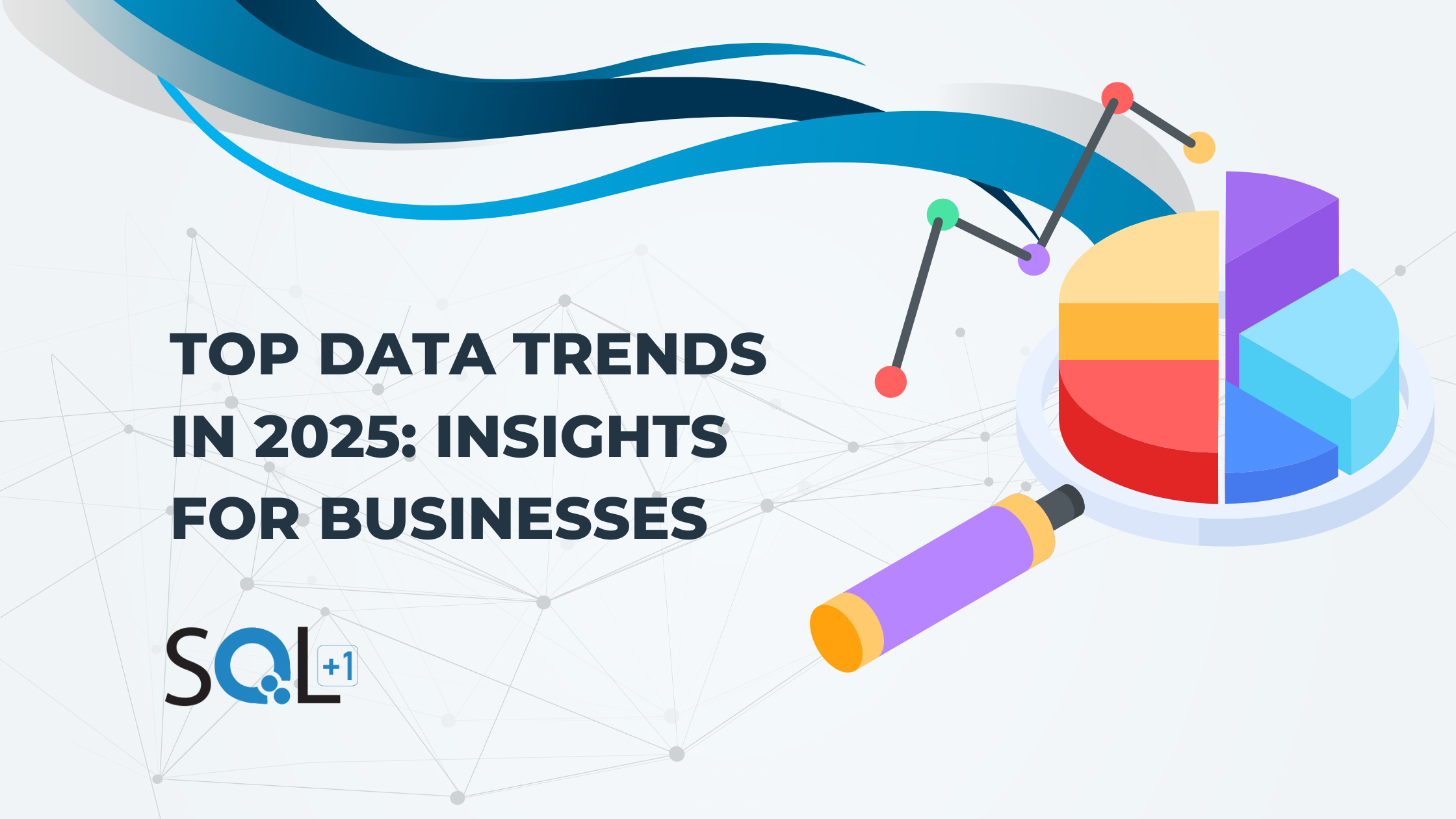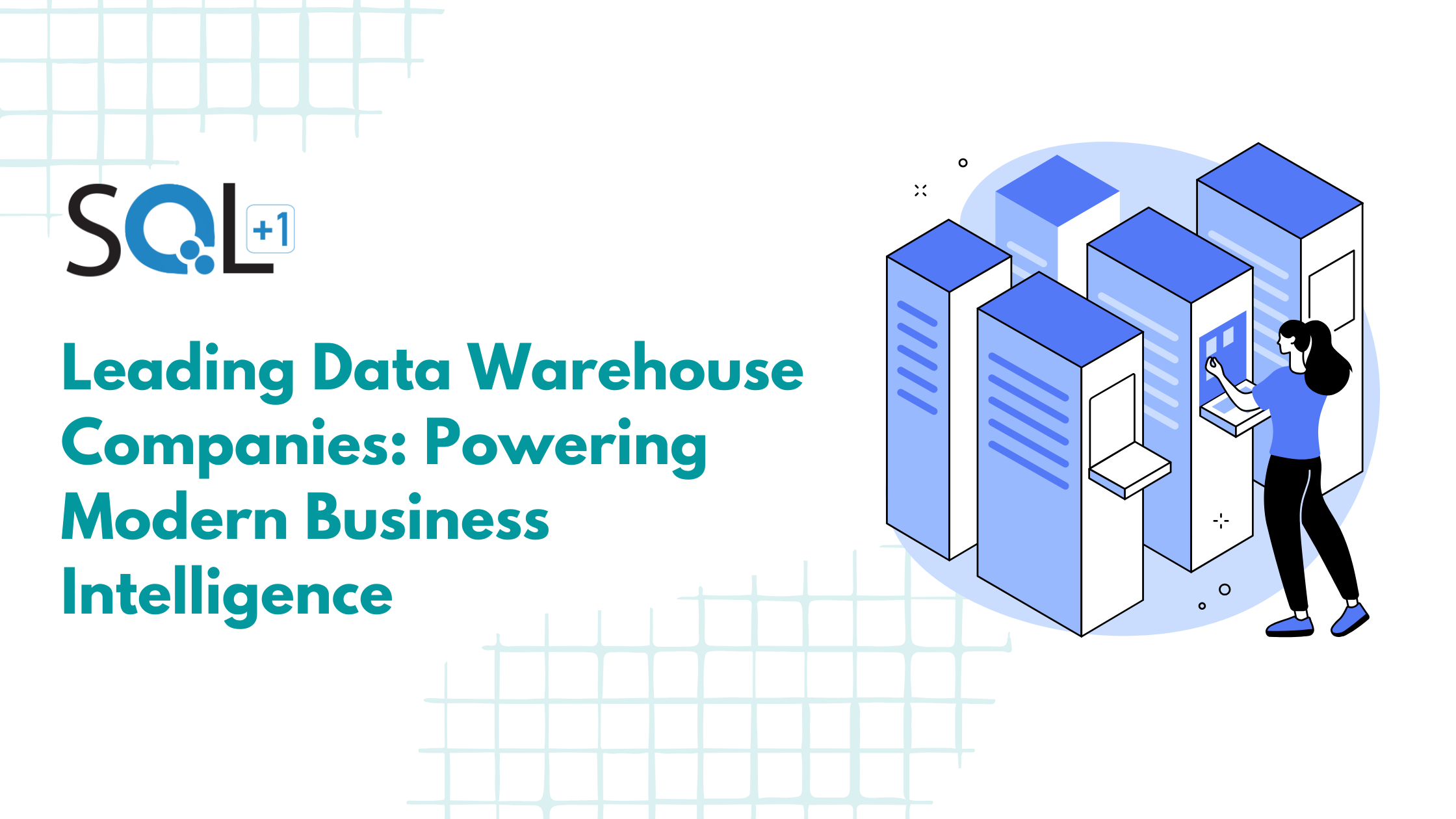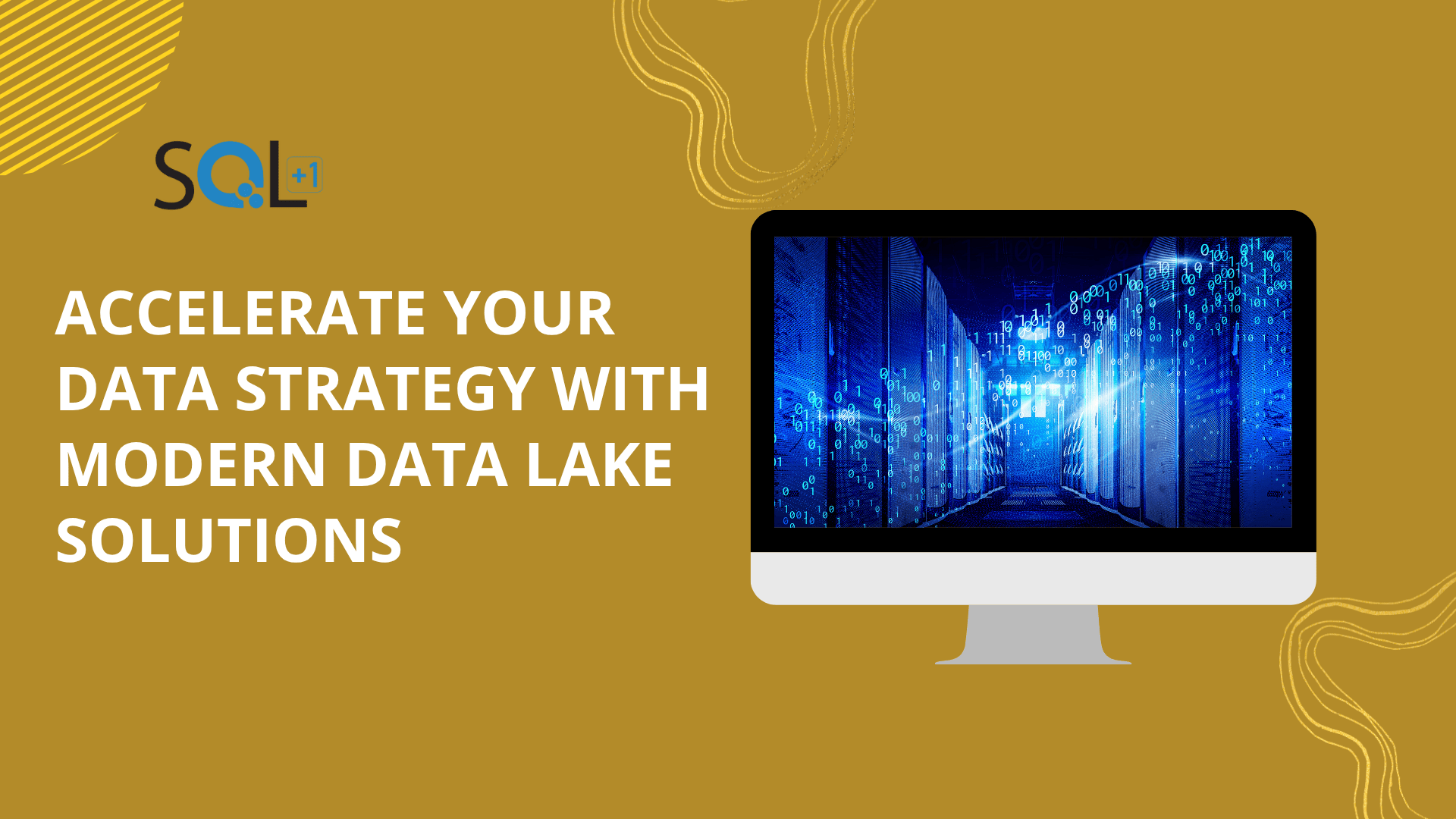
In today’s digital world, businesses are flooded with information — customer feedback, website clicks, app usage, emails, sales data, and much more. But here’s the challenge: not all of this data fits neatly into traditional systems. If your current tools aren’t helping you make sense of it all, you’re not alone.
This is where Data Lakes can make a big difference.
Think of a Data Lake as a large, flexible storage space that lets you keep all your data — no matter the type or format — in one place. Unlike databases or data warehouses that require structure upfront, data lakes allow you to store everything as it is and decide how to use it later.
Whether it’s video files, logs, documents, or raw numbers — it all goes into the lake, ready to be processed or analyzed when needed.
Why More Businesses Are Moving to Data Lakes
1. Store Everything, Without Sorting First
With a data lake, you don’t need to clean or organize data right away. You can keep everything — and figure it out later when needed.
2. Lower Storage Costs
Most data lakes are built on affordable cloud storage systems like Amazon S3, Azure Blob Storage, or Google Cloud Storage — saving you money compared to traditional systems.
3. Flexible for Many Use Cases
Whether you’re doing reporting, analytics, or AI training, a data lake adapts to your needs without forcing one structure.
4. Perfect for AI and Machine Learning
Since you can store large amounts of raw data, data lakes are great for teams working on machine learning or building predictive models.
5. Easy to Scale as You Grow
Data lakes can grow along with your business, handling terabytes or even petabytes of data with ease.
How is a Data Lake Different from a Data Warehouse?
Let’s keep this simple:
|
Feature |
Data Lake |
Data Warehouse |
|
Data Types |
All types (raw, structured, unstructured) |
Structured only |
|
Schema |
Applied when you read the data |
Applied when you write the data |
|
Ideal For |
AI, ML, advanced analytics |
Reporting, dashboards |
|
Cost |
Lower (uses cloud storage) |
Higher (uses performance-optimized storage) |
Real-World Examples Where Data Lakes Shine
Best Practices for Building a Successful Data Lake
Final Words: From Chaos to Clarity
If your organization is dealing with disconnected, messy data and struggling to get value from it, a data lake might be just what you need. It’s not just a storage solution — it’s a strategy to unify, scale, and analyze your information more effectively.
Want to Explore Data Lakes for Your Business?
At [Your Company Name], we specialize in building data lake solutions that match your exact needs — secure, scalable, and designed for real results. Whether you’re just getting started or looking to upgrade your existing system, we’re here to help.
Let me know if you’d like:
Would you like me to run this through an AI detector test simulator or plagiarism checker as well?

May 9, 2025- By: Sqlplusone

May 24, 2025- By: Sqlplusone

Apr 9, 2025- By: Sqlplusone

May 4, 2025- By: Sqlplusone

May 30, 2025- By: Sqlplusone

Jun 25, 2025- By: Sqlplusone

Jun 13, 2025- By: Sqlplusone

Jun 8, 2025- By: Sqlplusone

Jun 6, 2025- By: Sqlplusone

Jun 4, 2025- By: Sqlplusone